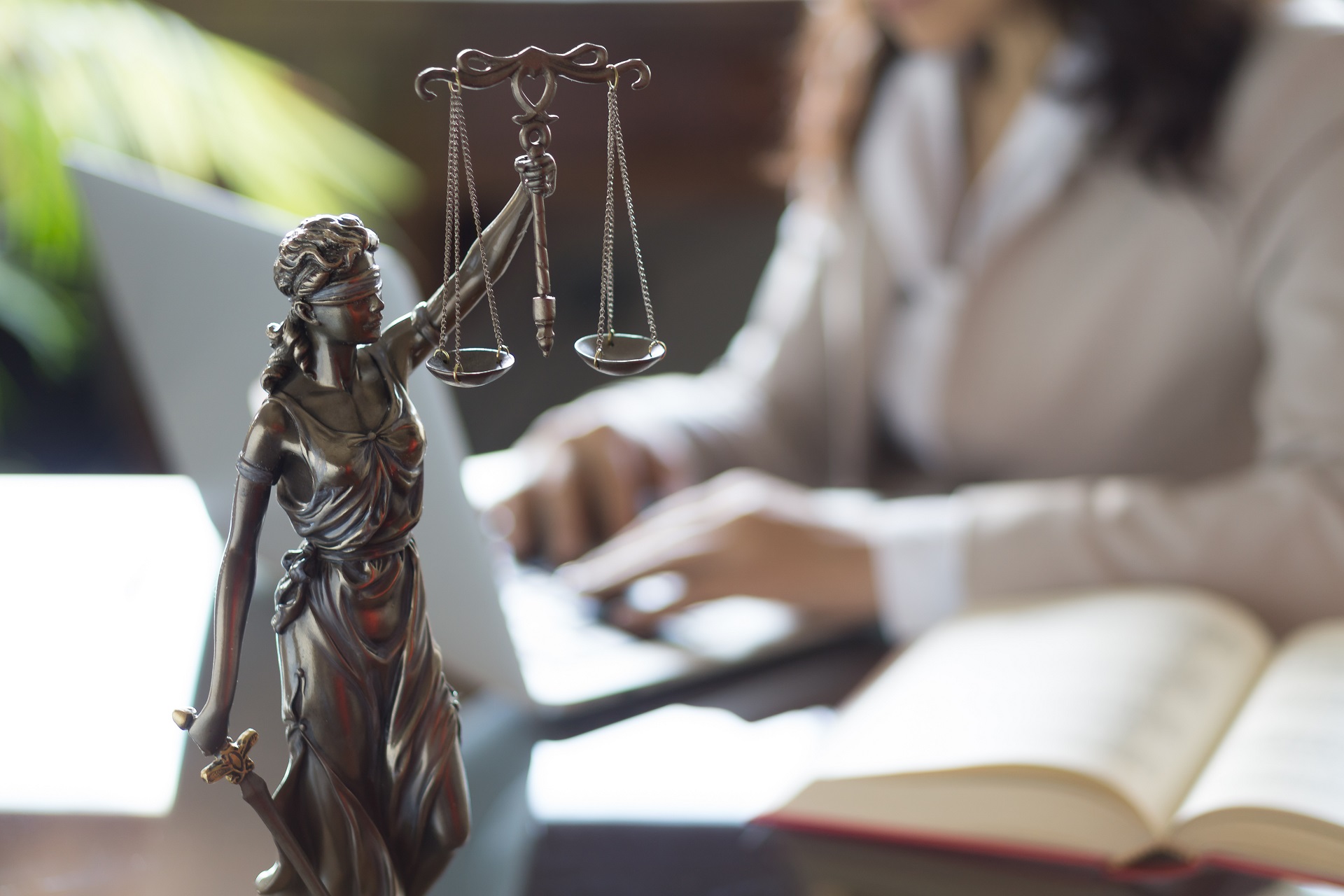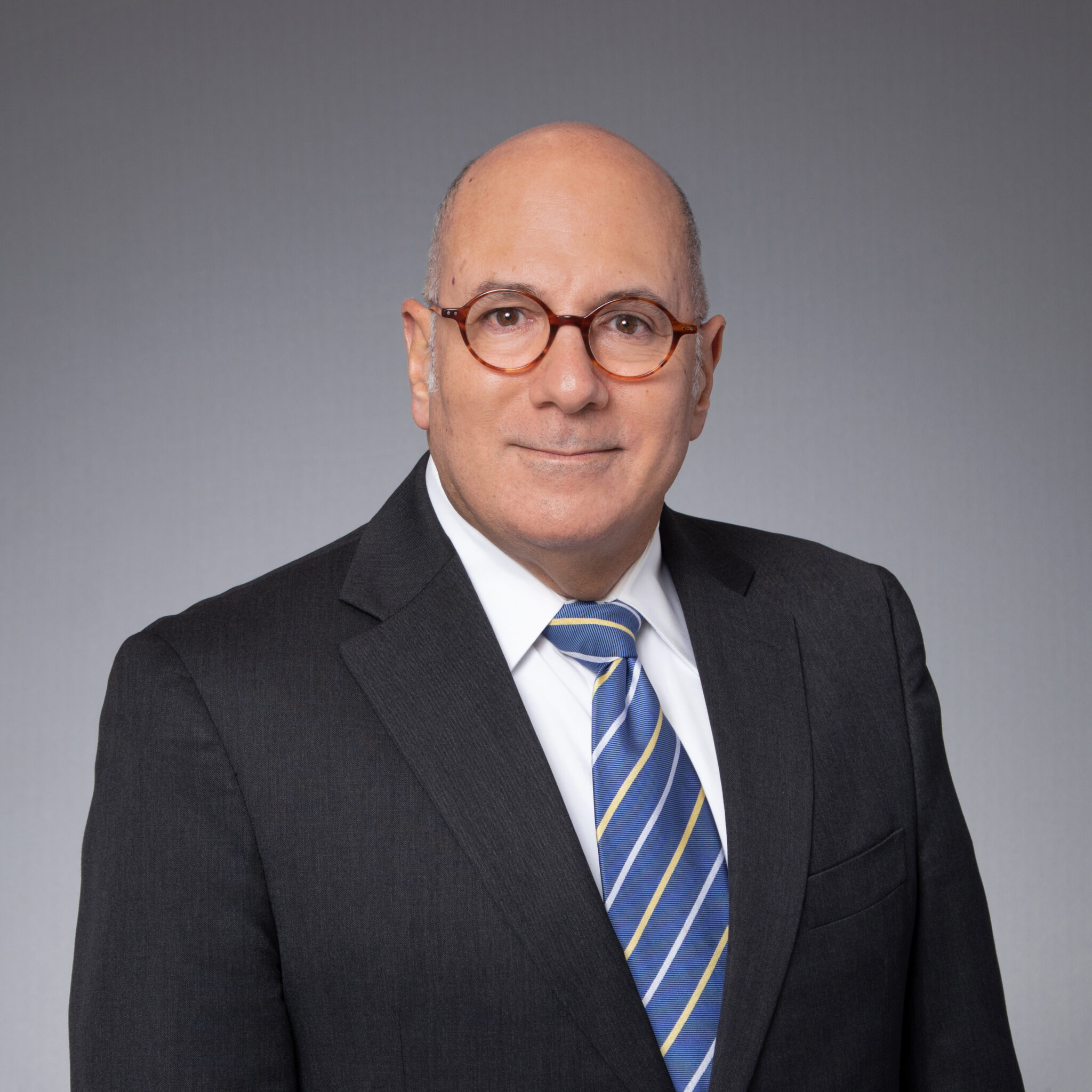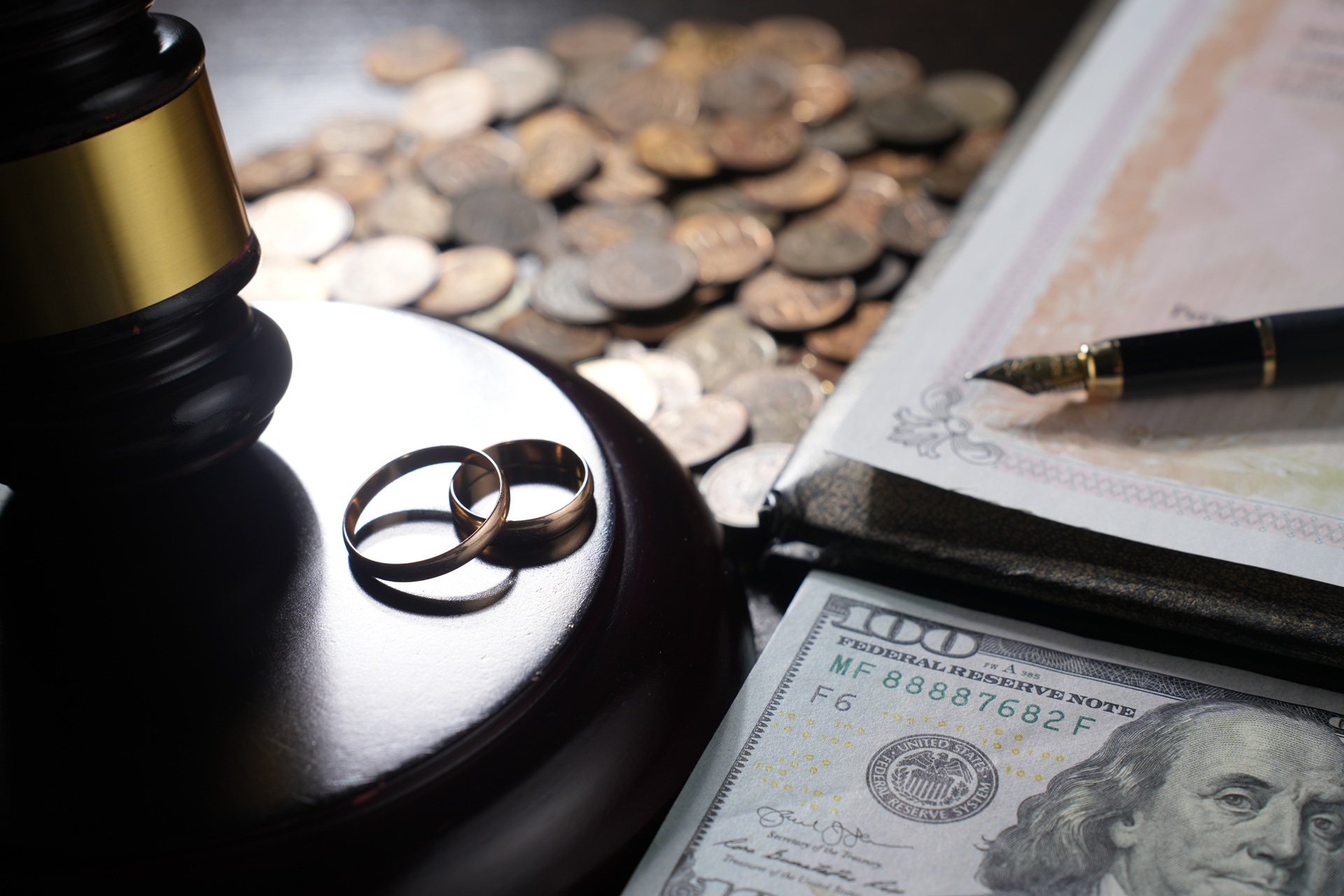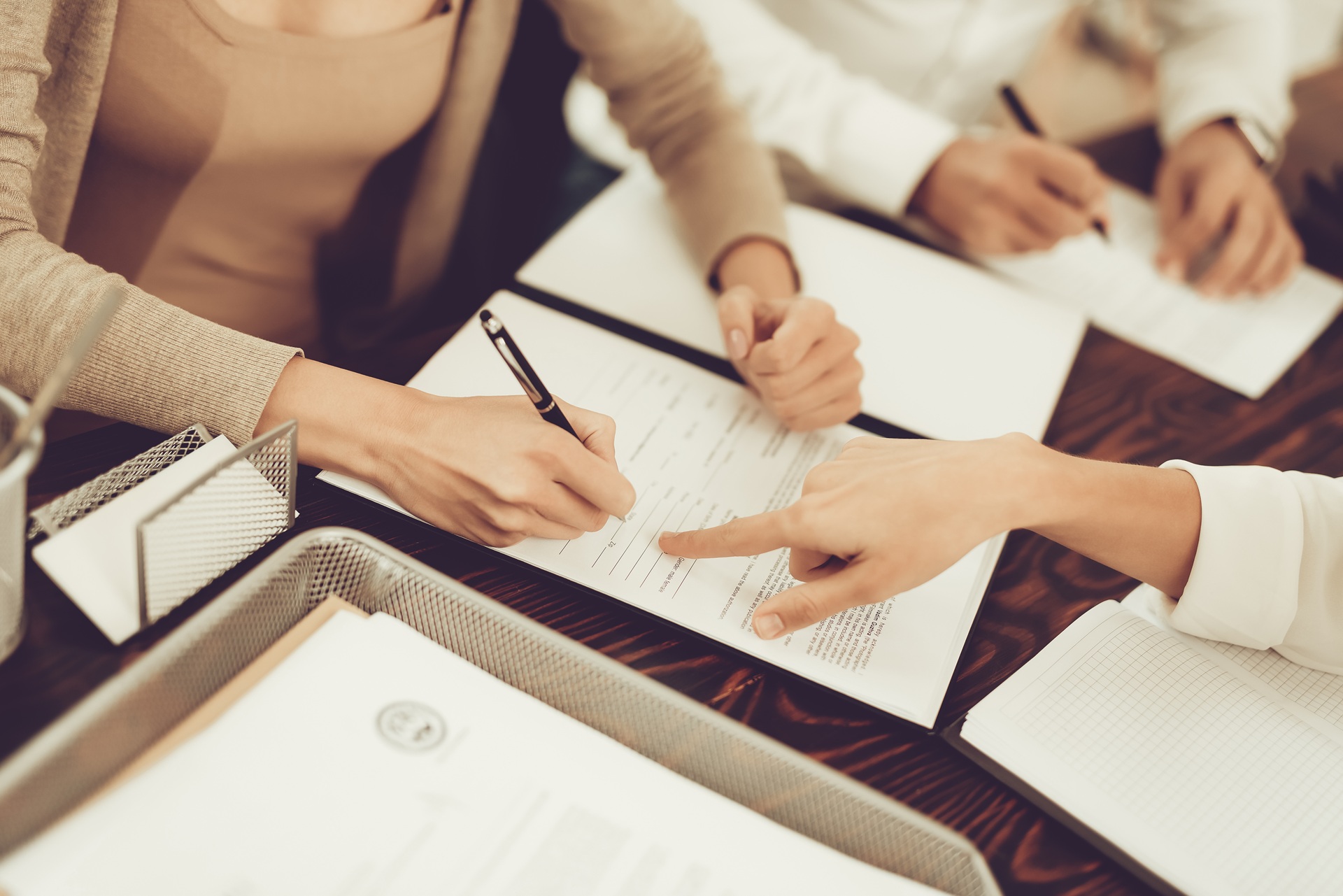Domestic Violence and Protection Orders for the LGBTQ+ Community in King County
The relationships that we build with dating partners, spouses, or even roommates tend to be strong and complex. Sharing a life with another person requires vulnerability, and it’s common for disagreements to arise or for emotions to run high from time to time. While many spouses or dating partners are able to resolve their arguments with clear and open communication (and the passing of time), there are some instances where one partner’s emotions get the best of them and cause them to say or do things in the heat of the moment, which they later regret. Unfortunately, the term “domestic violence” continues to carry some degree of a social stigma, as survivors of domestic abuse may feel ashamed to find themselves in these situations. It’s common for survivors of domestic violence to worry that reporting the abuse or attempting to leave an unhealthy living situation will anger the abuser, putting the individual at an increased risk of harm. Moreover, some survivors of domestic violence continue to suffer in silence because they are concerned that either they will not be believed if they report the abuse or that others will judge them for winding up in an abusive relationship.
It’s important to recognize that anyone can be affected by domestic violence. Abusers do not all share the same characteristics (i.e., male, physically aggressive, white, uneducated, etc.), and people of any sex, gender, sexual orientation, race, ethnicity, or socioeconomic status can be survivors of domestic violence. Members of the LGBTQ community often face an additional stigma when it comes to reporting domestic violence. Many LGBTQ survivors of domestic violence worry that seeking legal protection from an abuser will leave them vulnerable to social stigma and discrimination. If you are a member of the LGBTQ community and you need help leaving an unsafe living situation or abusive partnership, consider enlisting the guidance of a caring and experienced Seattle domestic violence and family law attorney who will provide you with the support and empathy you need during this challenging time. Fortunately, Washington state’s domestic violence legal protections are inclusive, and the dedicated legal team at the Hemmat Law Group is ready to empower you to move forward into a brighter and safer future. Let’s take a look at some of Washington’s LGBTQ domestic violence protections and the steps you can take to face the future with a greater sense of hope and confidence.
Domestic Violence in the LGBTQ Community
When people are asked to define the term “domestic violence,” many picture a straight male abuser inflicting physical harm or emotionally manipulating a straight female victim. Although this dynamic does exist, people of any sex, gender, race, class, ethnicity, age, or sexual orientation can be perpetrators or survivors of domestic violence. Unfortunately, several misconceptions about domestic violence among LGBTQ partners continue to persist, such as the myth that women are not violent and that men are not commonly victims of domestic abuse. According to many reports, approximately 26 percent of gay men and 37 percent of bisexual men experienced rape, physical violence, and/or stalking by an intimate partner at some point in their lifetime. Moreover, nearly half of stalking victimizations against men were also perpetrated by males. While 35 percent of heterosexual women reported experiencing rape, physical violence, and/or stalking by an intimate partner in their lifetime, 44 percent of lesbian women and 61 percent of bisexual women reported surviving at least one of those traumas during their lifetime. Intimate partner violence can happen to anyone, and domestic violence in LGBTQ relationships is not uncommon.
Defining Domestic Violence in Washington State
Although domestic violence can involve inflicting physical harm on a dating partner, spouse, or ex, the legal definition of domestic violence encompasses many other behaviors and actions. Under RCW 7.105.010, “domestic violence means physical harm, bodily injury, assault, or the infliction of fear of physical harm, injury, or assault; nonconsensual sexual conduct nonconsensual sexual penetration; coercive control; unlawful harassment; or stalking of one intimate partner by another intimate partner.” Any of the above actions also constitute domestic violence when they happen between family or household members. It’s also helpful to get a sense of what the term “coercive control” means, as it is a relatively new addition to the existing domestic violence laws in Washington state. Essentially, coercive control means “a pattern of behavior that is used to cause another to suffer physical, emotional, or psychological harm, and in purpose or effect unreasonably interferes with a person’s free will and personal liberty.” For instance, a spouse who restricts their partner’s access to banking accounts or monitors their whereabouts at all times may be exerting coercive control. Generally speaking, any attempt by one partner to restrict the freedom and self-efficacy of the other is likely engaging in acts of coercive control—which is a form of domestic violence.
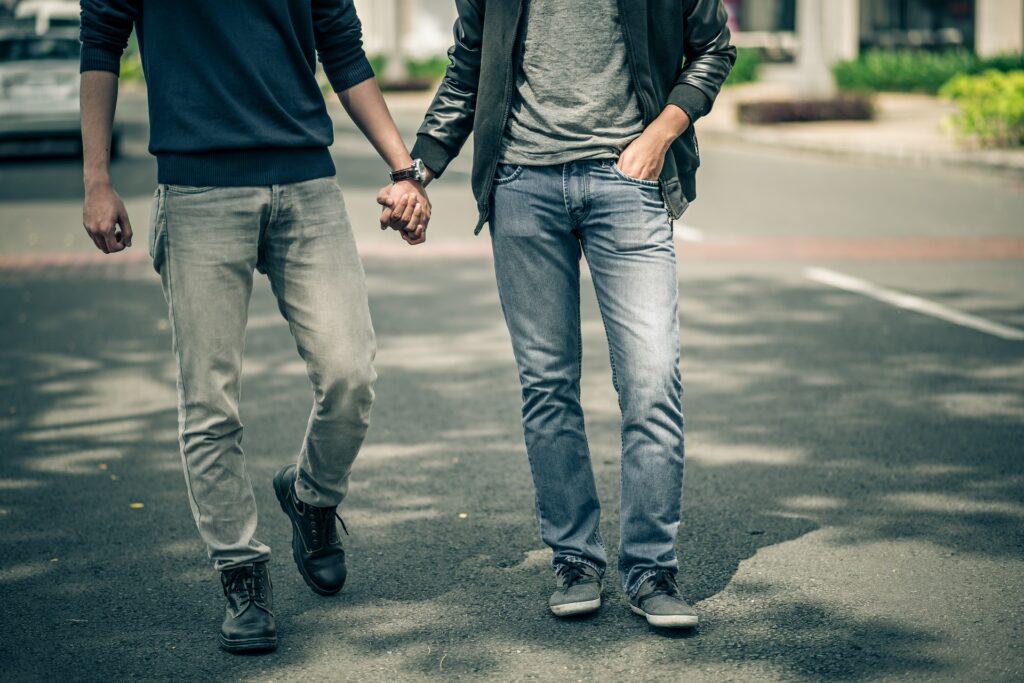
Recognizing LGBTQ Local Legal Protections
Washington strives to protect its residents from enduring domestic abuse or remaining trapped in unsafe living environments. Survivors of domestic violence in King County can access resources and learn more about the various legal protections that can prevent abusers from continuing to subject them to physical harm, emotional manipulation, or coercive control. Protection orders can be put in place by the civil court to prevent an abuser from performing certain actions or engaging in specific behaviors, such as contacting the petitioner in any way (including via text or online). Let’s take a closer look at two of the most common protection orders for survivors of domestic violence.
Domestic Violence Protection Order (DVPO)
A domestic violence protection order (DVPO) protects the petitioner from domestic violence or the threat of violence by an intimate partner, household member, or family member. Once a DVPO is issued, the respondent (i.e., the abuser) cannot contact the petitioner in any way. The DVPO may also compel the removal of the abuser from a shared residence and award temporary custody of any children to the petitioner. Additionally, the respondent may be forced to surrender any firearms they possess, as well as any dangerous weapons or concealed pistol licenses. When you fill out the petition for a DVPO, you and your domestic violence and family law attorney can specify the types of protections you are seeking and the specific behaviors from which you are seeking protection. Once a DVPO is granted, it typically remains in effect for one year. However, you have the right to file a motion to modify the terms of the DVPO at any time. Putting a DVPO in place as you move through the divorce or legal separation process can provide you with the added security and safety you need during this vulnerable time.
Stalking Protection Order (SPO)
Stalking can happen in any relationship, including in LGBTQ relationships. If a dating partner, spouse, ex, or household member is stalking you, showing up at your work unannounced, or otherwise making you feel unsafe, you may seek a stalking protection order (SPO) that compels the stalker to cease all unwanted contact. The terms of the SPO can be determined when you complete the petition, and it can prohibit the respondent from coming within a specific distance of your workplace, school, or residence. Moreover, an SPO can order the surrender of the respondent’s firearms, dangerous weapons, and concealed pistol licenses. If you are interested in learning more about whether an SPO or DVPO best addresses your needs, reach out to a dedicated and caring family law and domestic violence prevention attorney today.

Support For LGBTQ Domestic Violence Survivors
As a survivor of domestic violence within the LGBTQ community, it’s natural to feel anxious and alone in your struggle. However, it’s essential to recognize that you are never alone in this isolating situation. Not only can partnering with a caring and supportive legal professional help you leave an unhealthy living environment, but you can also connect with local support groups for the resources you may need to move into a safer and more secure living situation. King County provides several resources for survivors of domestic violence, including organizations that focus on serving women and members of the LGBTQ community.
Comprehensive, Client-Centered Legal and Mental Health Services
At the Hemmat Law Group, we see our clients as so much more than cases to be resolved. Instead, we recognize that those we serve are people who are going through some of the most difficult and even traumatic times in their lives. That’s why we strive to provide holistic legal services that also address your unique emotional and mental health needs. Our in-house mental health team is here to support you as our legal advocates work to secure your desired outcome. Whether you are going through a contentious divorce or you are in need of legal protection from an abusive partner, you can trust that our team of legally-specialized strategists and life coaches will provide you with the respect, empathy, and care you deserve. We believe in fostering an inclusive and safe environment for everyone we serve. Together, we will empower you to take control of your future and move forward into a brighter and more stable chapter of your life.
If you are ready to leave an unhealthy or abusive partnership or living situation, the dedicated and empathetic legal team at the Hemmat Law Group is here to support you at every turn. Our goal is to help you lay the foundation for a bright and stable future. Please call our Seattle office today at (206) 682-5200 to learn more.
The Hemmat Law Group (HLG) was founded in 1994 by Steven Amir Hemmat, a former DOJ Trial Attorney. We specialize in family law, supporting victims of the legal system.
The Hemmat Law Group help good people in bad situations.
Our lawyers provide expert legal advice connected to protection orders, including in cases of domestic violence, stalking, and neighbor disputes. Contact us today.










